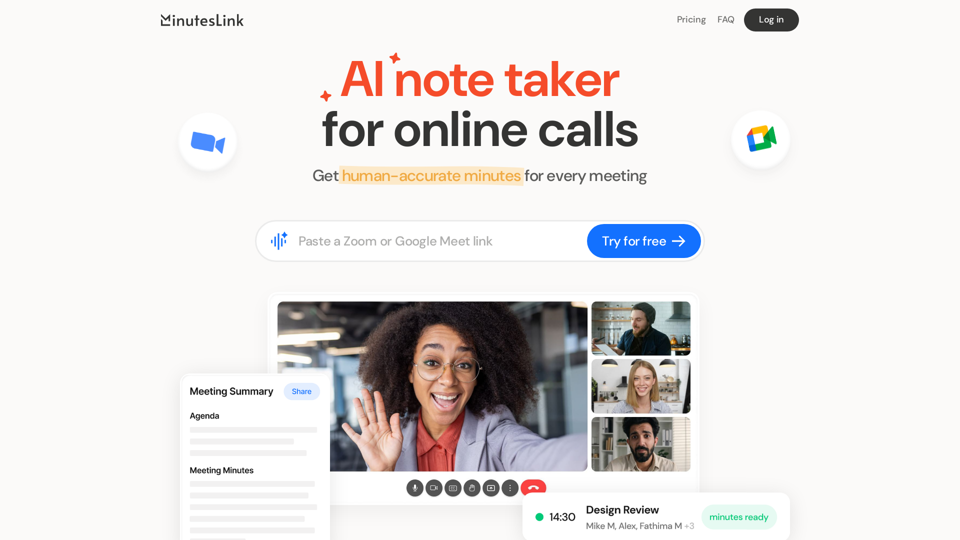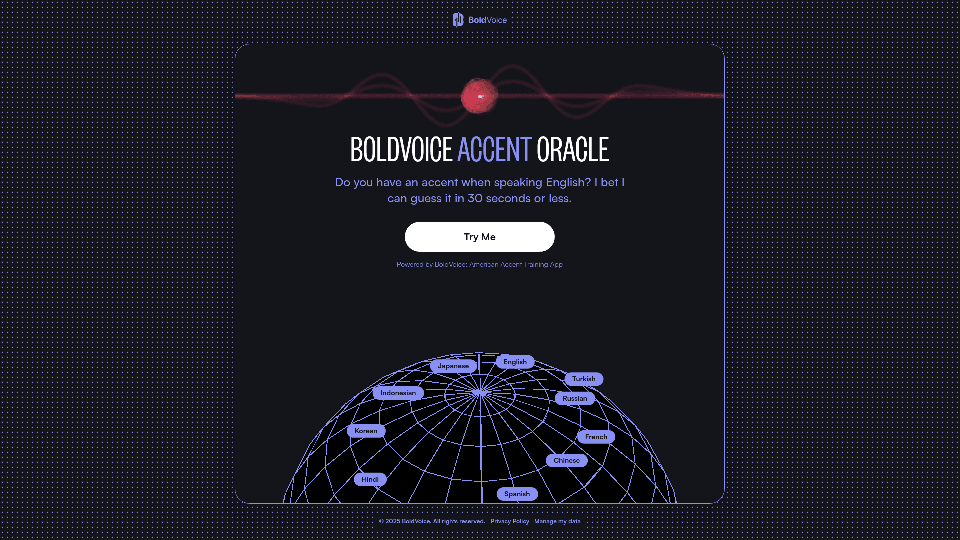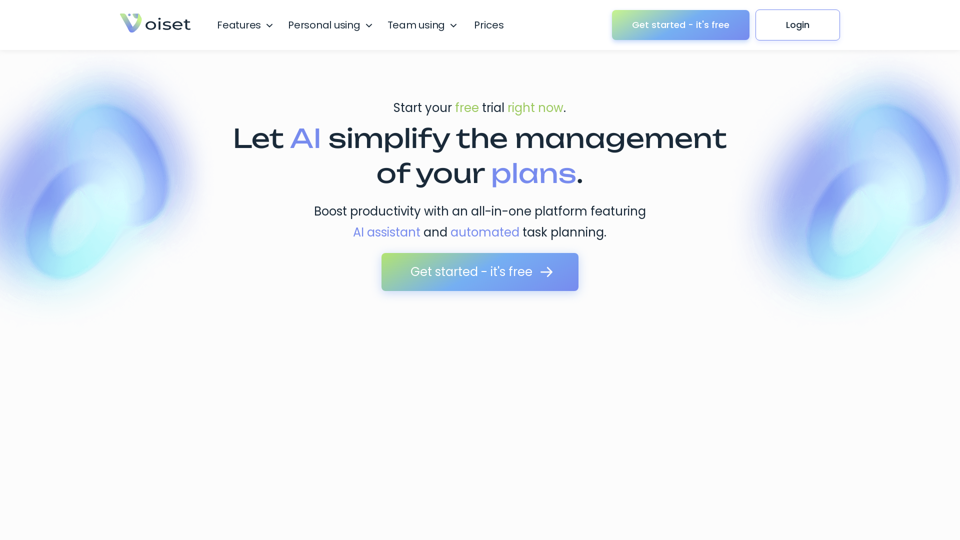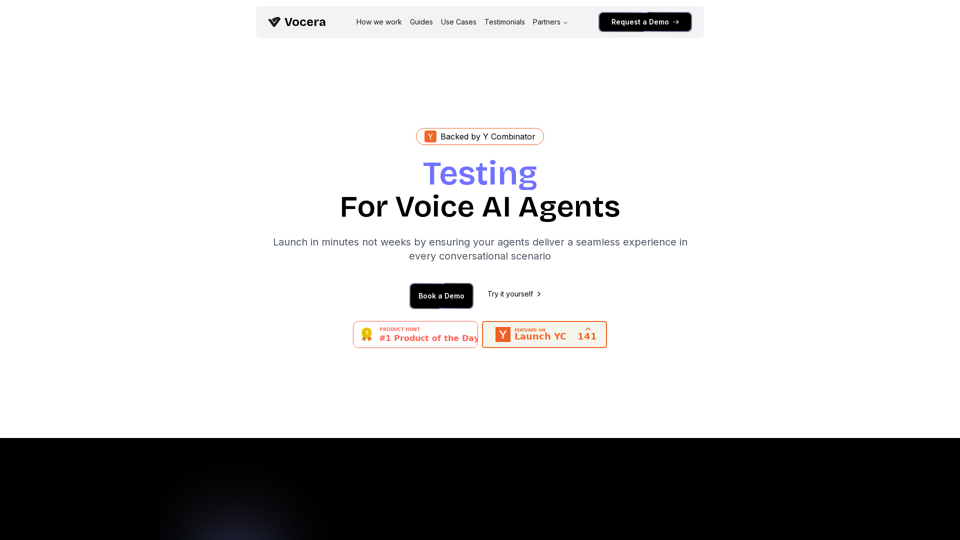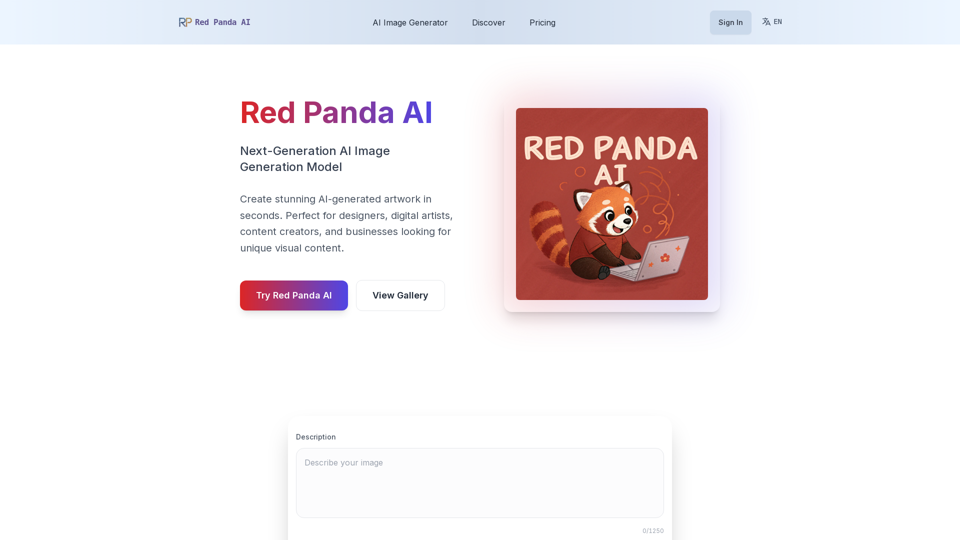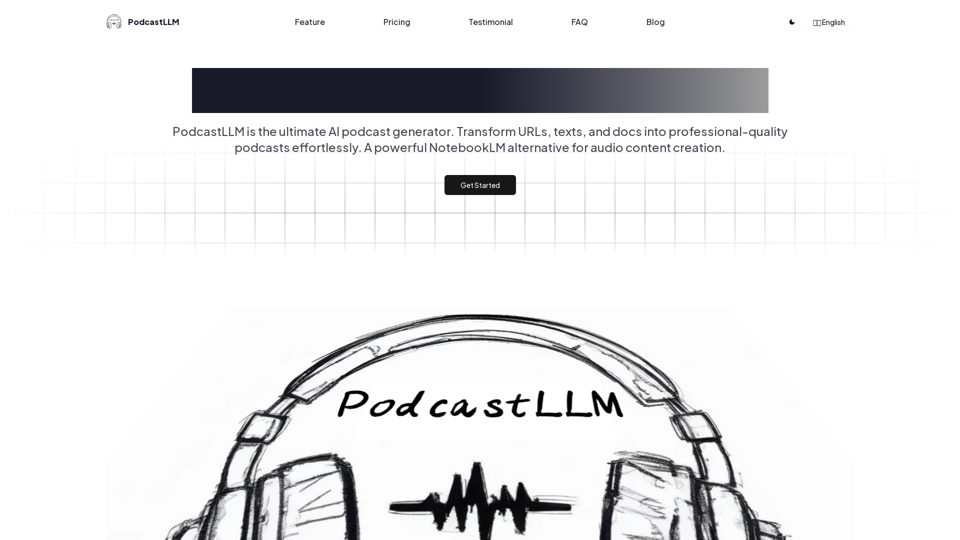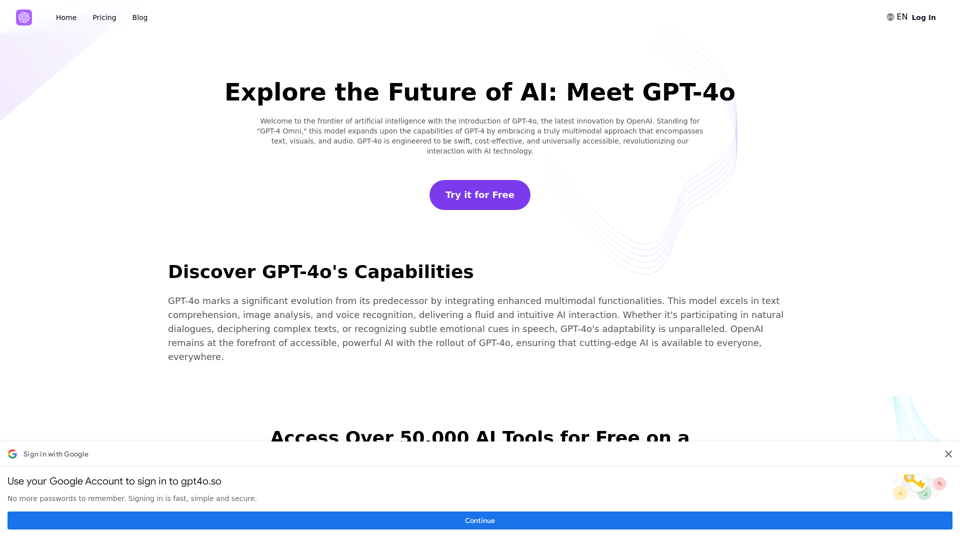Qu'est-ce qu'un Assistant Vocal ?
Un assistant vocal est une application logicielle intelligente qui utilise la reconnaissance vocale, le traitement du langage naturel (NLP) et l'intelligence artificielle (IA) pour comprendre et répondre à des commandes vocales. Ces assistants peuvent fonctionner sur divers appareils, y compris les smartphones, les enceintes intelligentes, les ordinateurs portables, et plus encore. Parmi les exemples populaires, on trouve Amazon Alexa, Apple Siri, Google Assistant et Microsoft Cortana.
Comment Fonctionnent les Assistants Vocaux
- Reconnaissance Vocale : Convertit les mots parlés en texte en analysant les ondes sonores et en utilisant des algorithmes d'apprentissage automatique.
- Traitement du Langage Naturel (NLP) : Interprète la structure et le sens du texte transcrit pour comprendre l'intention de l'utilisateur.
- Apprentissage Automatique et IA : Améliore continuellement la capacité de l'assistant à reconnaître les schémas, comprendre les accents, et gérer des demandes complexes grâce à l'apprentissage issu des interactions.
Avantages des Assistants Vocaux
Les assistants vocaux offrent de nombreux avantages pour un usage personnel et professionnel. Ils simplifient les tâches, augmentent la productivité, et offrent une commodité mains libres.
Pour les Entreprises et les Marketeurs
- Efficacité des Coûts : Automatiser le support client et rationaliser les opérations.
- Engagement Client : Offrir des interactions personnalisées et recueillir des informations à partir des données utilisateurs.
- Intégration avec l'IA : Améliorer les services avec des outils alimentés par l'IA pour de meilleures expériences client.
Pour un Usage Personnel
- Gestion des Tâches : Programmer des rappels, gérer des calendriers, et contrôler des appareils domotiques.
- Accès à l'Information : Fournir des réponses rapides aux questions et diffuser des mises à jour d'actualités.
- Divertissement : Jouer de la musique, des podcasts, et des livres audio.
Comment Utiliser les Assistants Vocaux
Les assistants vocaux peuvent être utilisés sur divers appareils et plateformes, offrant une large gamme de fonctionnalités.
Utilisations Courantes
- Contrôle de la Maison Intelligente : Gérer les lumières, thermostats, et systèmes de sécurité avec des commandes vocales.
- Communication : Envoyer des messages, passer des appels, et programmer des rappels sans les mains.
- Recherche d'Informations : Demander des mises à jour météo, des scores sportifs, ou des connaissances générales.
Compatibilité des Appareils
Les assistants vocaux sont disponibles sur les smartphones, les enceintes intelligentes, et d'autres appareils connectés à Internet. Chaque assistant peut avoir des fonctionnalités uniques selon la plateforme et l'appareil sur lequel il fonctionne.
Avenir des Assistants Vocaux
L'avenir des assistants vocaux est étroitement lié aux avancées en IA et en apprentissage automatique. Ces technologies permettront des interactions plus personnalisées et contextuelles.
Tendances
- Intégration avec l'IA : Capacités améliorées grâce à l'IA et l'apprentissage automatique pour des interactions plus naturelles.
- Confidentialité et Sécurité : Améliorations continues pour répondre aux préoccupations des consommateurs concernant la confidentialité des données.
- Cas d'Usage Élargis : Adoption plus large dans des secteurs comme la santé, la banque, et l'éducation.
Les assistants vocaux sont appelés à devenir encore plus intégrés dans la vie quotidienne, offrant des interactions fluides et intuitives dans divers domaines.





